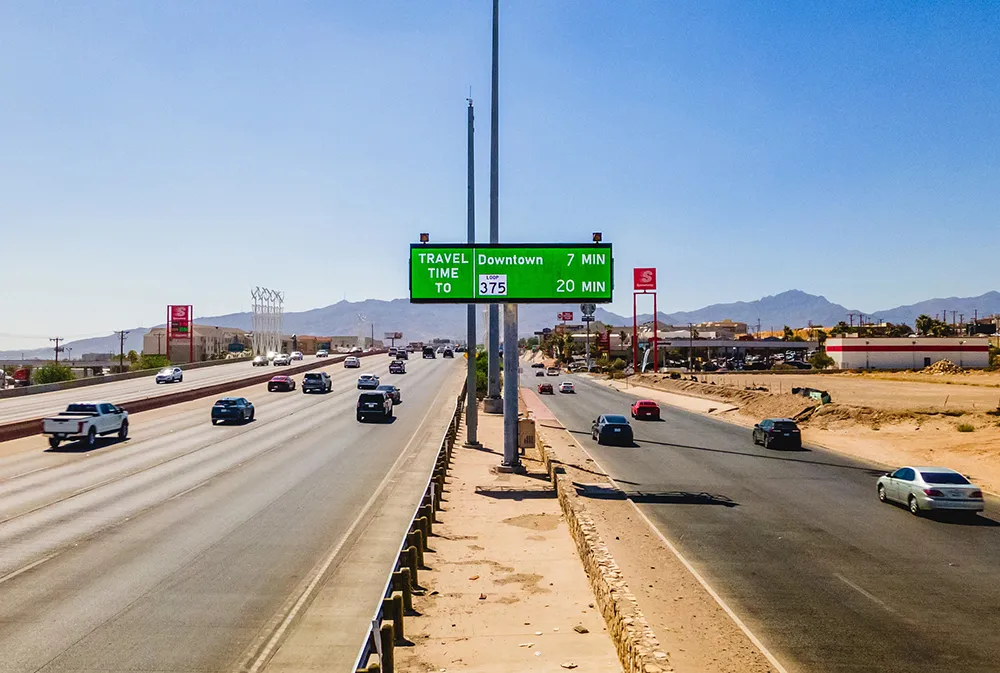
PTV Group is spearheading the German city of Essen’s Connected Mobility Essen (Como) project that is advancing interconnected and intelligent traffic management.
PTV said that through the deployment of sensor technology to monitor traffic and environment conditions, coupled with the establishment of a robust artificial intelligence-based data and analysis platform, Essen is laying the groundwork for a connected mobility ecosystem.
Within Como, a digital traffic control centre is under development to aggregate all relevant traffic data. This encompasses various metrics such as vehicle counts throughout the day, speed patterns, weather conditions, city events and public transport data from the Ruhrbahn, the regional transit authority.
This comprehensive repository of historical and real-time data forms the foundation for proactive, environmentally conscious traffic management. Leveraging real-time traffic management solutions PTV Flows and PTV Optima, which integrate machine learning and dynamic traffic models, enables the provision of live updates on current traffic conditions and forecasts traffic developments up to 60 minutes ahead. This empowers traffic managers to respond effectively to both anticipated and unexpected events.
To evaluate the functionality of the new connected system in practical scenarios, two real-world laboratories are currently being established along the Ruhrallee and the main northern access roads to the city centre. Around 50 intersections are being outfitted with traffic detectors, while 15 environmental sensors are being deployed to monitor air quality.
Como receives funding from Germany’s Federal Ministry of Digital and Transport as part of the Digitalisation of Municipal Transport Systems funding guideline. Key project partners include Benz + Walter, Bosch, ITK Engineering, Yunex Traffic and PWP Systems.
"Collaborating with our project partners, we are developing a cutting-edge, connected traffic system aimed at reducing congestion, enhancing air quality, and fostering future-oriented urban mobility,” said Christian Haas, chief executive of the PTV Group. “With this initiative, Essen is poised to emerge as a trailblazer in smart mobility within Germany."
"With this initiative, Essen is marking a pivotal step towards sustainable and digital mobility, aligning with goals of climate and health protection,” said Simone Raskob, head of Essen’s environment and transport department.
“The objective is to enhance traffic safety and optimise traffic flow, thereby contributing to a reduction in air pollutant emissions in the short to medium term, while steering mobility towards a sustainable trajectory."









